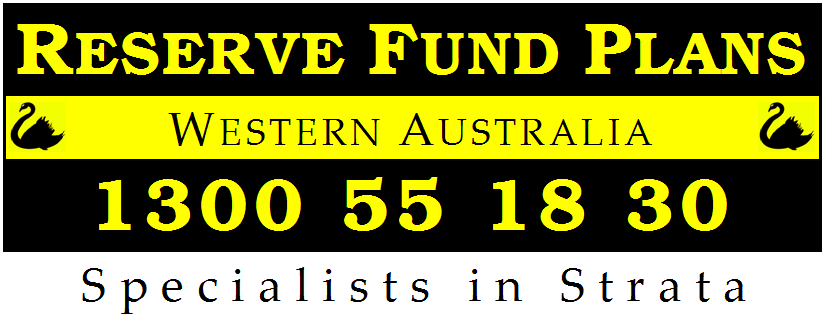1What is a Safety Inspection?
Primarily a Safety inspection identifies likely hazards and any risk of harm to people or potential damage to property from both a Common Law Duty of Care and a legislative requirement.
In essence, a property has to be without risks to the health and safety of any person. Our Safety Inspections take a practical and sensible approach to dealing with and treating any hazards and any likely risks associated with those hazards.
It is NOT a current standards compliance report where every structure and item has to be brought up to the current Building standards.
2Do the owners and Strata Company need to get a Safety Inspection?
The Strata Company or Property Owner has a Common Law Duty of Care to ensure that their property is without risks to the health and safety of any person. This duty is codified under Civil Liability Act 2002.
It is absolutely prudent to obtain a professional Safety Report from Reserve Fund Plans to be able to demonstrate to a Court that you have taken reasonable steps and proper care in the management and ownership of your property.
Under the proposed Model Work Health and Safety Legislation there are some exemptions for a purely residential strata scheme from being classified as a Person Conducting a Business or Undertaking (PCBU) and thereby not having to comply with the legislation, unless they engage a worker as an Employee.
3What is the benefit of obtaining a Safety Inspection?
The benefit of obtaining a professional Safety Report from Reserve Fund Plans is to identify and then fix any likely hazards so that your property is safe for you, your children and extended family and your visitors.
In addition you are significantly minimising any legal issue when you can demonstrate to a Court that you have taken reasonable steps and proper care in the management and ownership of your property.
In some circumstances an insurer may choose not to insure your property if there are significant safety hazards on that property.
4Does a Safety Inspection increase the amount that owners have to pay on an annual basis?
In some cases where the property has significant hazards that need to be addressed, the answer is yes.
Proper management and care of a property would ordinarily include the rectification and minimisation of the risk of harm. It is usually where a maintenance program has been neglected that issues of risk of harm arise, and consequential costs arise.
As mentioned earlier, some insurers may choose not to insure you if your property has significant hazards and attendant risks.
5Can Owners or a Strata Company vary a Safety Report?
A Safety Report can be varied by an owner or Strata Company dealing with the likely control measures that are recommended within our Report. For example, a recommendation may include the grinding down of an exposed trip hazard in an access way, however an owner may decide that it is 'reasonably practicable' to simply choose to secure that area from anyone being able to enter, or apply highlight paint to the hazard and warning signage as an interim control measure. That is, a different control measure may be implemented to the recommended control measure so that the identified hazard has been addressed in another appropriate way.
6How often should a Safety Inspection be reviewed?
It depends on the property, but a prudent approach is obtaining an annual re-inspection by Reserve Fund Plans for larger strata or community schemes, and particularly where potential hazards may change over a short period of time. For example, a modern small villa complex with limited common property may be best served with a two to three yearly re-inspection cycle, whereas a commercial or retail property with a large number of transient people may require an annual or bi-annual re-inspection cycle.
